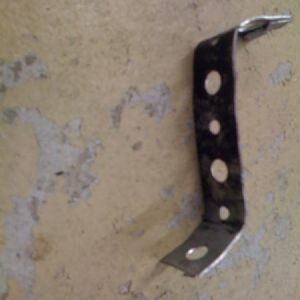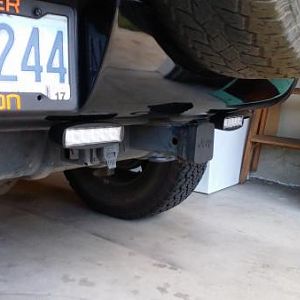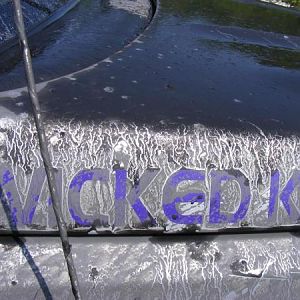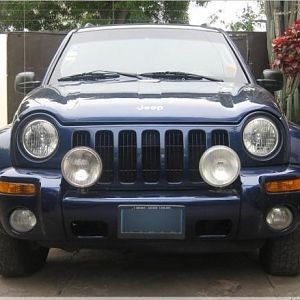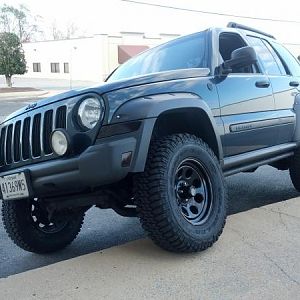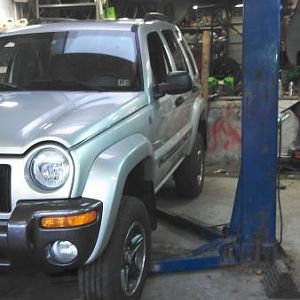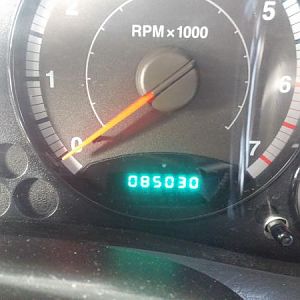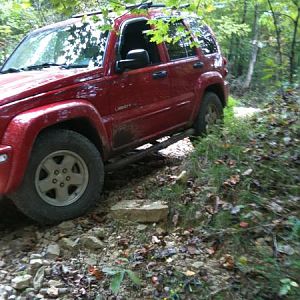You CAN use a SILICONE spray to protect the CV boots; to keep them pliable, to help prevent premature dry-rot and cracking. Do not use an OIL base, that will attract dirt and dust, whereas the Silicone spray will not. I have been using silicone sprays for keeping door seals from wearing and sticking in the winter, power steering boots, and CV boots. I have never, EVER had a CV boot fail, EVER. Again, my Avenger, 9 years old, 150K+ miles, all original, I did this stuff.
Nothing will stop a tear from road debris, but, you can help prevent the dry-rot, cracking, and just plain old falling apart. If you have to replace them, then use Caravelle CV Boots, and even they recommend spraying it with Silicone, to help it remain flexible as it ages. Any rubber that starts to dry up, will eventually fail. It protects rubber and gaskets from the crazing (a surface effect on rubber articles characterized by multitudinous cracks). It doesn't contain solvents, so it does not indent rubber and plastic materials.
In my opinion (IMO), it's SAFE to spray on CV boots, and power rack end boots. I have been doing it for 20+ years, never had a CV boot, or OTHER boot failure. My door and trunk seals have never had to be replaced. I learned this from my Grandfather (along with a smoke screen device, but that's another story).


